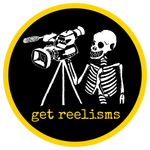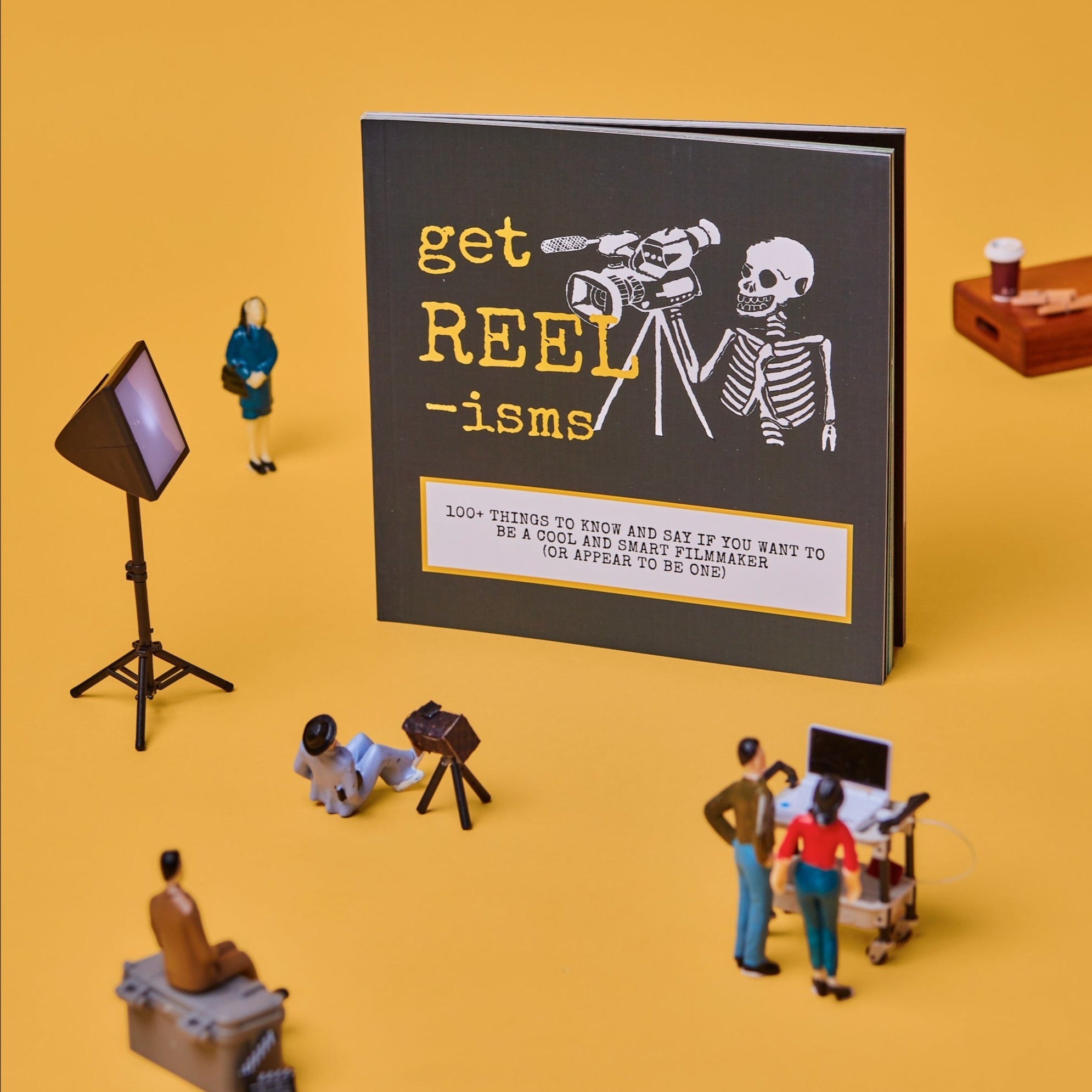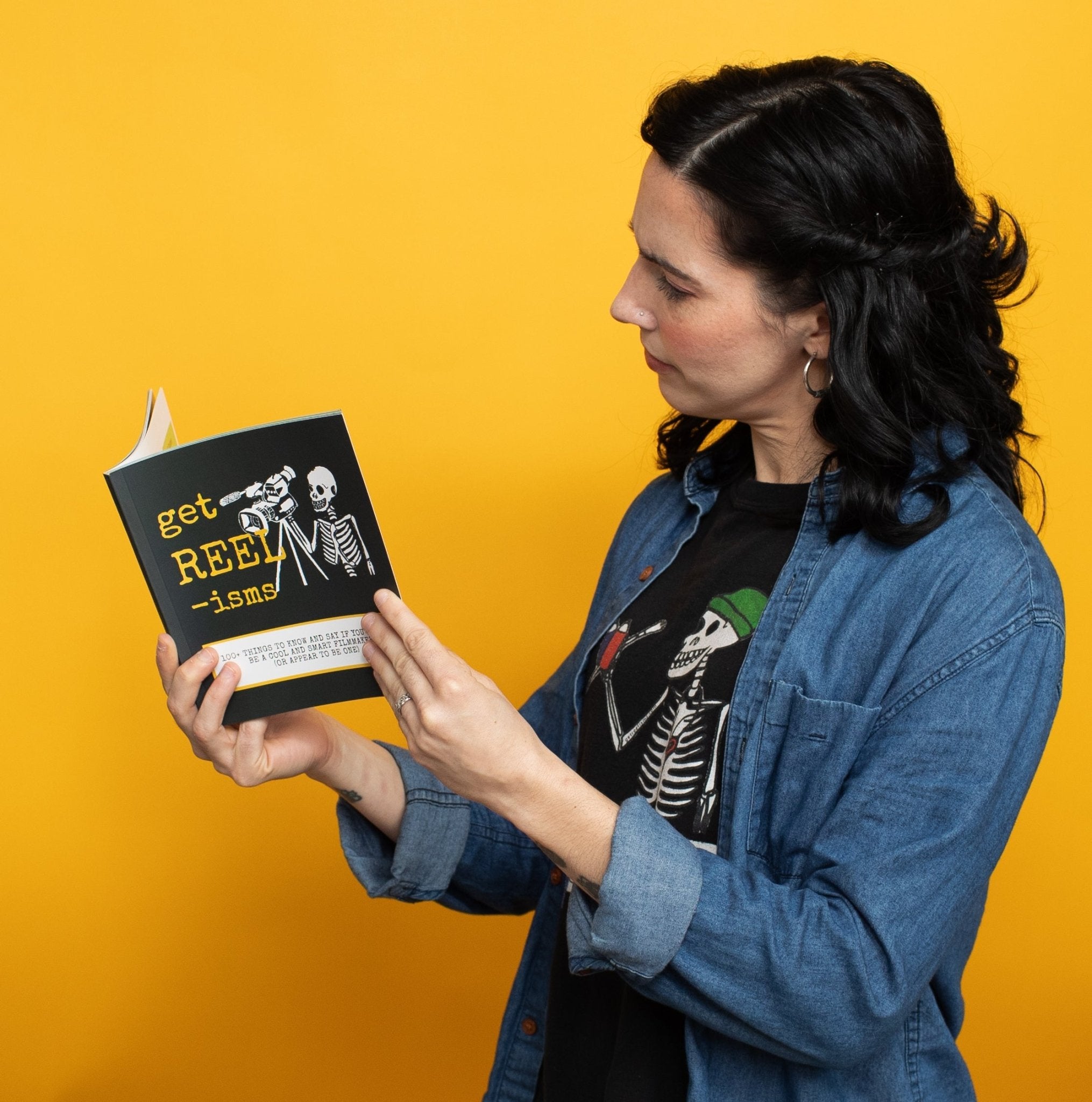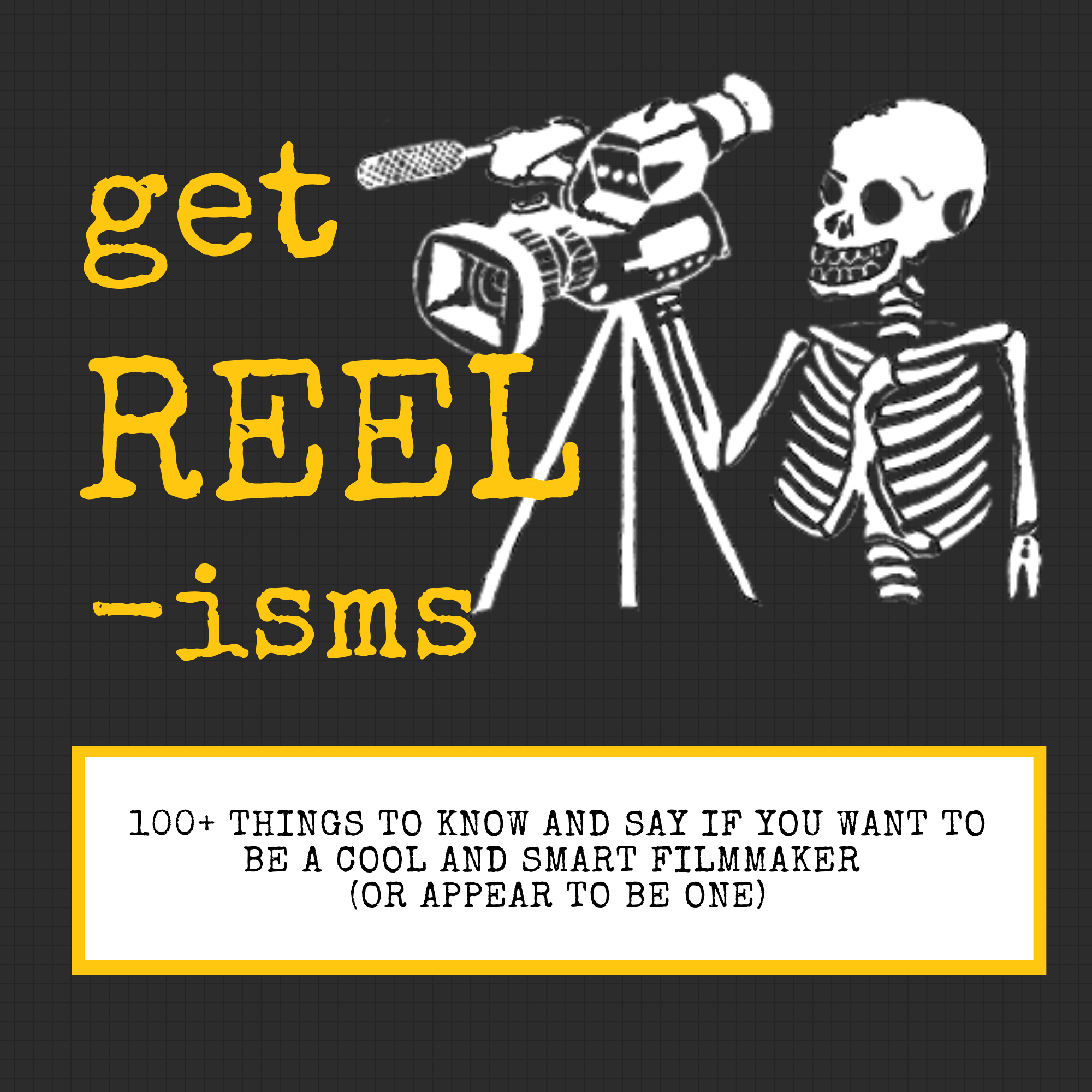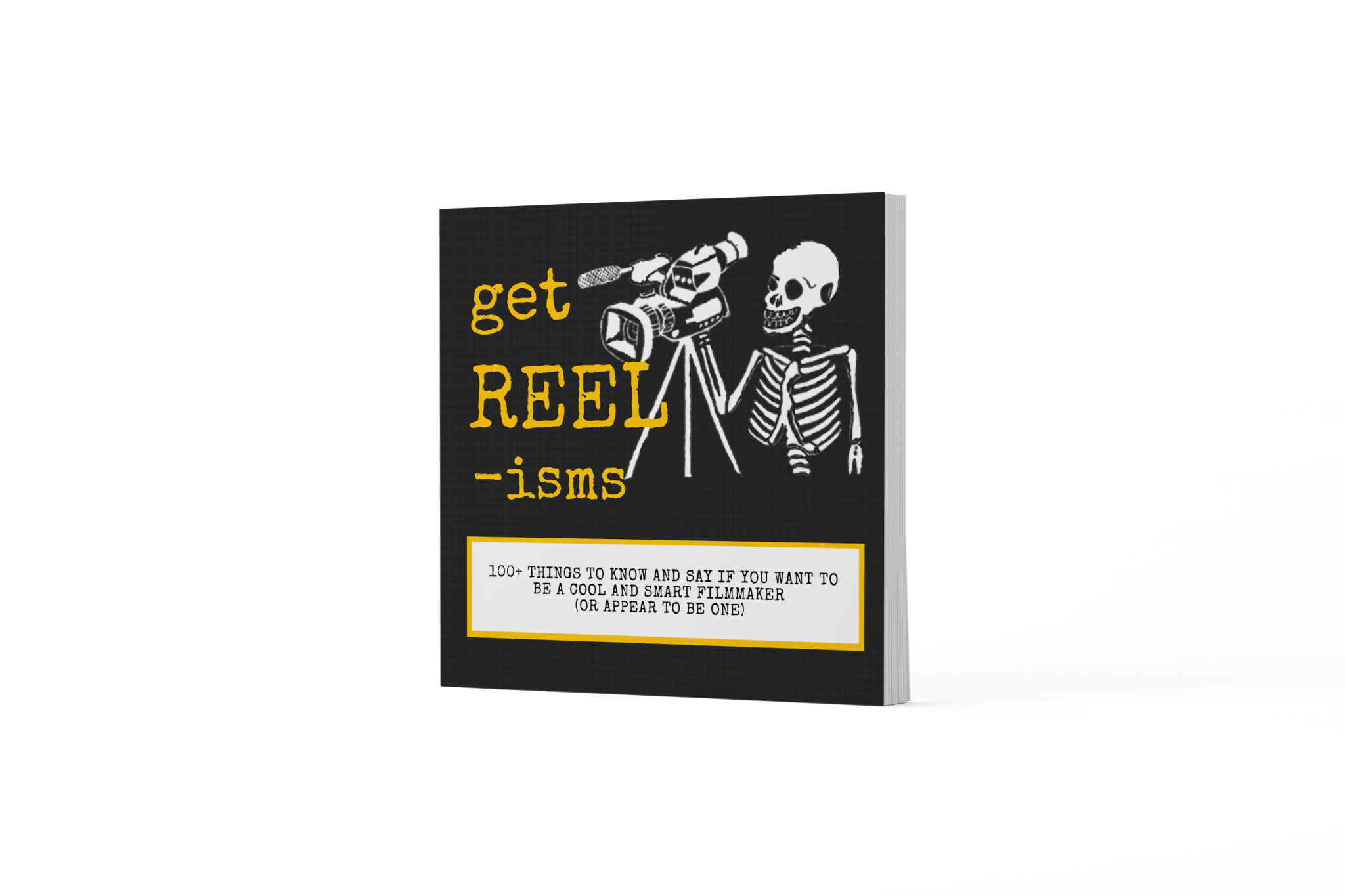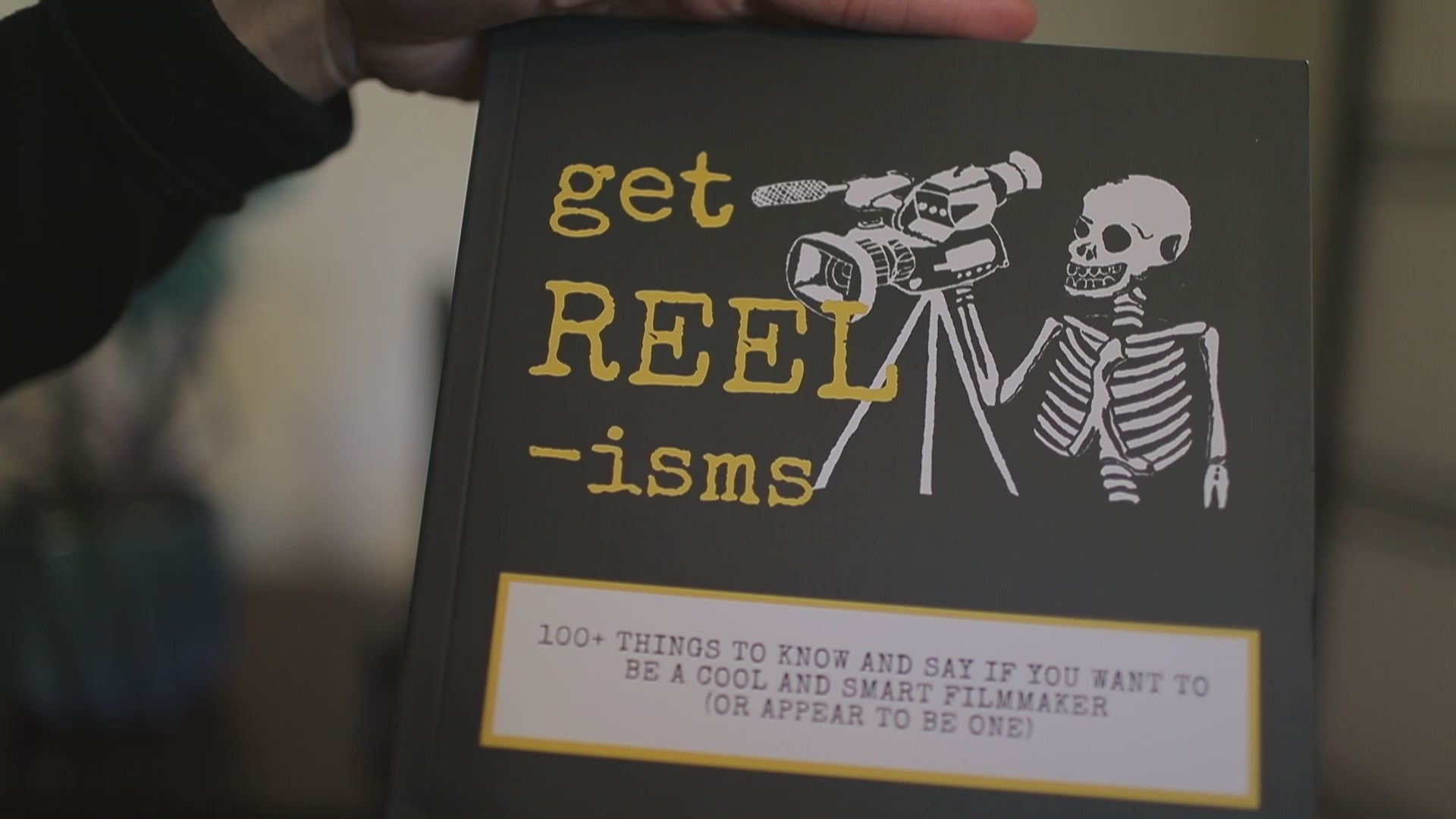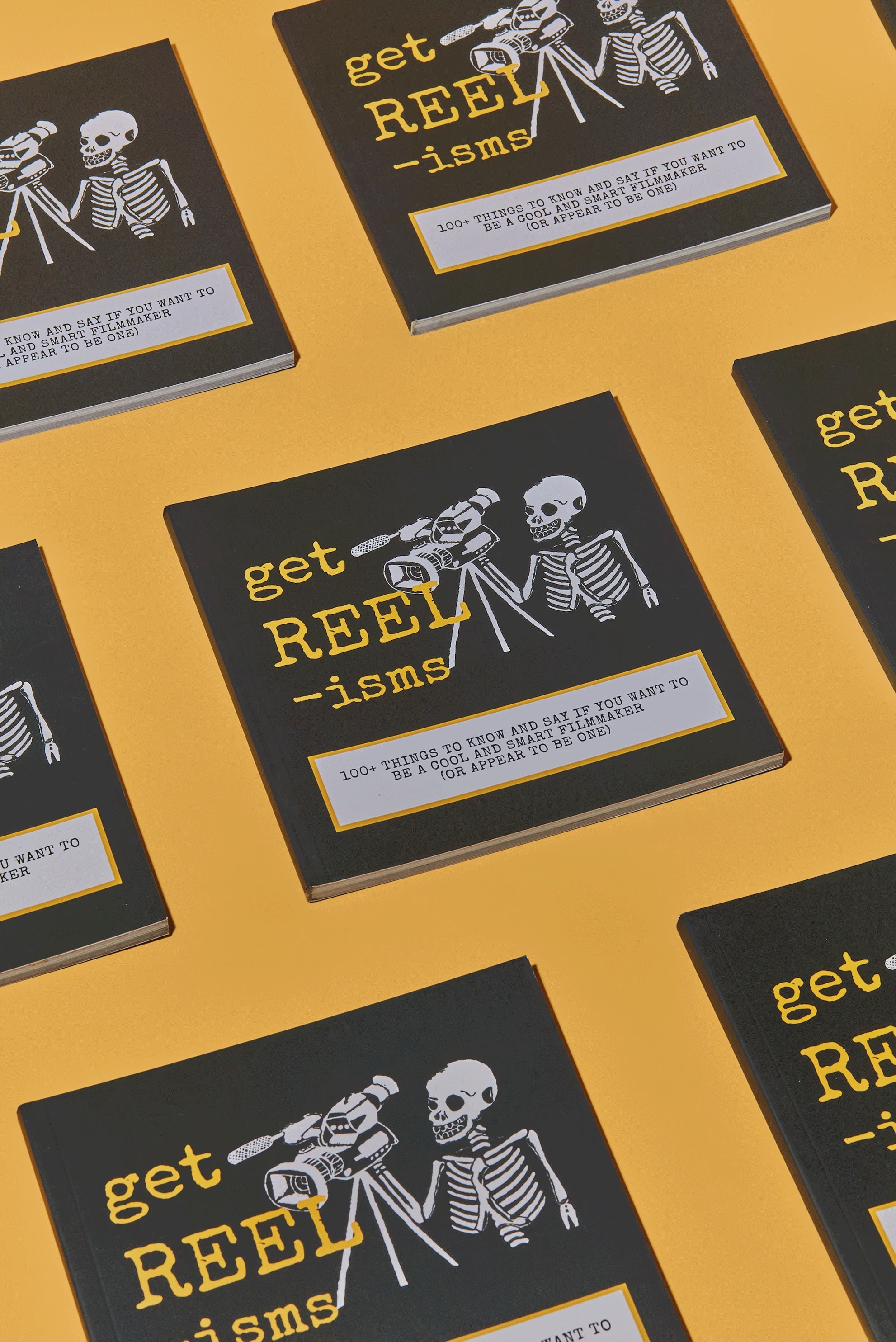
Navigating Filmmaking Challenges:
The 'Unreliables' Way
Welcome to our in-depth analysis of "Directing The Unreliables" with Adam Linkenhelt. In this blog, we'll delve into Adam's past directing experiences and offer detailed insights and takeaways from making his short. Check out the full podcast below, both on YouTube and most podcast platforms of your choice!
Key Takeaways
Learning about Film Tribes:
Adam Linkenhelt's discussion on film tribes reveals the pivotal role of community in filmmaking. Surrounding yourself with fellow enthusiasts who share your vision fosters collaboration and mutual support, nurturing creativity and enabling ambitious cinematic projects to thrive.
How to Deal with Rejection:
Navigating rejection is an inevitable part of a filmmaker's journey, and Adam provides pragmatic strategies for overcoming this hurdle. By reframing rejection as an opportunity for growth and learning, aspiring filmmakers can cultivate the resilience necessary to persevere and succeed in a competitive industry.
The Value of Writing Down Your Mistakes:
Adam highlights the importance of journaling in the filmmaking process as a tool for self-improvement. Documenting mistakes and lessons learned facilitates continuous growth, allowing filmmakers to refine their craft and elevate the quality of their work over time.
Hardest Part of the Shoot:
Adam candidly discusses the challenges encountered during filmmaking shoots, shedding light on the complexities of production. From logistical hurdles to creative constraints, he emphasizes the vital role of adaptability, problem-solving, and teamwork in overcoming obstacles and delivering exceptional results.
Conclusions
In conclusion, Adam Linkenhelt's insights on the various aspects of filmmaking provide invaluable guidance for both novice and experienced filmmakers. His discussion on film tribes underscores the importance of community, highlighting how a network of supportive and like-minded individuals can drive creativity and success. By reframing rejection as a learning opportunity, Adam offers a resilient mindset that is crucial for navigating the competitive nature of the film industry. The practice of journaling mistakes and lessons learned serves as a powerful tool for continuous improvement, enabling filmmakers to refine their skills and enhance the quality of their work. Finally, Adam's candid exploration of the challenges faced during shoots emphasizes the necessity of adaptability, problem-solving, and teamwork in overcoming the inevitable obstacles of film production. Together, these lessons form a comprehensive roadmap for aspiring filmmakers, fostering a resilient, collaborative, and growth-oriented approach to their craft.
 Skip to content
Skip to content
